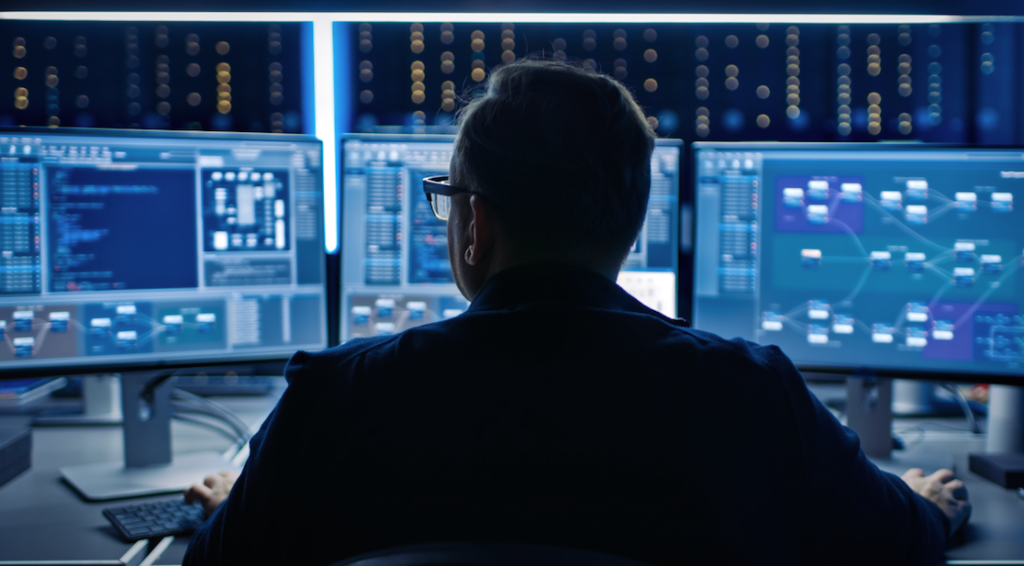
Blockchain is being used in the mining industry to trace materials to the originating mine and bring better transparency to precious metals investments. While some miners have been slow to adopt the technology, early this year, the world’s biggest miner was named on Forbes’ coveted Blockchain 50 2021 list.
Also this year, Nornickel, the world’s largest producer of palladium and high-grade nickel and major producer of platinum and copper, announced that it is joining the Responsible Sourcing Blockchain Network.
Robert Friedland has said that one of the enabling technologies of the circular economy is blockchain.
MineHub announced Wednesday that BHP and China Minmetals used its blockchain platform for a copper concentrate transaction. It was the first cross-border copper concentrate trial shipment processed on blockchain technology.
Reducing risk and red tape
For BHP, blockchain is answering three key questions. The first Pant said, is what is its carbon footprint when is comes to tracing emissions from nickel used in battery electric vehicles?
“In a recent pilot, we traced nickel shipments from BHP’s Nickel West operations in Western Australia to Tesla’s Gigafactory Shanghai,” Pant said. “The program supported the end customer’s supply chain due diligence of product provenance and confirmed if any raw material ‘dilution’ occurred in the supply chain. This, and other similar initiatives, will contribute to greater transparency and help with aligning to regulations and supporting traceability and sustainability across the battery supply chain.”
The second question looked at tracing the rubber used in truck tyres, and asked whether the rubber was ethically sourced. It was a pretty big question, considering BHP procures more than 6,000 giant tyres per year.
“Tyres are made from natural rubber, known to have a high risk supply chain for modern slavery and illegal deforestation,” Pant said. “It’s important to the sustainability and integrity of our business that we operate in a way that respects human rights and with a commitment to strong governance and anti-corruption.”
Blockchain, she said, has the potential to mitigate these risks by tracing the rubber from its source through the supply chain, authenticating transactions between buyers and sellers along the way to ensure the rubber is deforestation- and modern slavery-free.
BHP started internal trials to track tyres using blockchain a couple of years ago, and are now in talks to run trials with suppliers, focused on first tracking products from manufacturing to fitment before expanding further down the supply chain.
As well as a more ethical supply chain, blockchain could improve tyre supply chain transparency to mitigate against supply issues; and support decarbonisation initiatives by tracking greenhouse gas emissions, she said.
The third question addressed tracing iron ore shipments, and BHP commissioned more than 1,500 sea voyages to ship products and supplies around the world last year alone.
“The traditional way we transact with our customers and their banks for each commodity shipment remains paper-heavy and manual,” Pant said. “In two separate trials, we’ve used blockchain to exchange data and documents digitally, improving efficiency and transparency and reducing bureaucracy, risk and red tape.”




